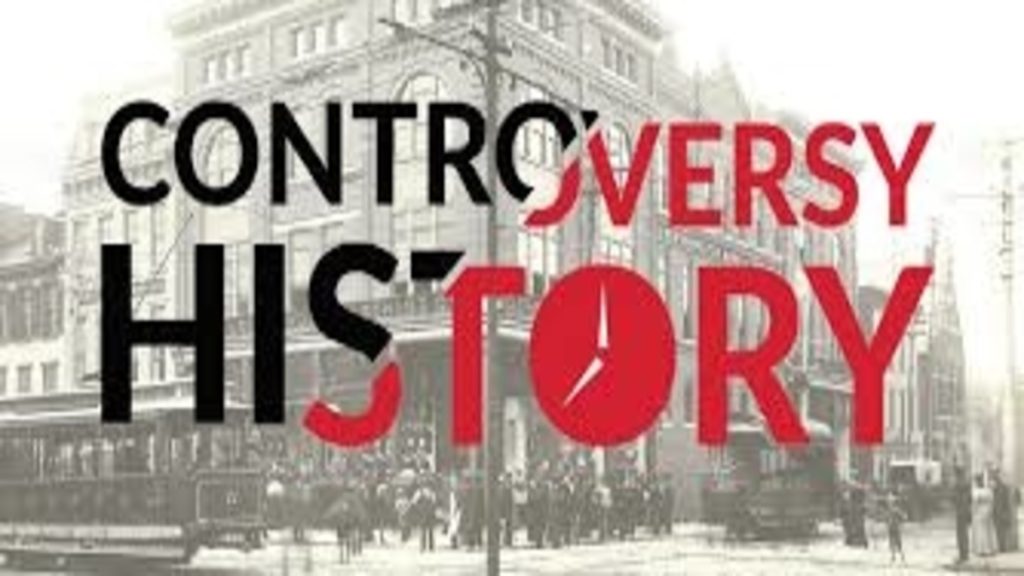Although Charter Act of 1813 was the first act through which the education system was formally laid down in India, yet it had created a controversy between the anglicists and classicists on the medium of instruction. Also the Charter Act of 1813 did not clarify the objectives of education and the methods for improvement of literature of the learned natives in India. The Charter Act had given stress on allotting the one lakhs rupees only; no specific regulations were granted for establishing the schools and colleges in India. The controversy arose mainly for the following reasons:
- Aims: Regarding the aims of education during that time, groups of people had different opinions. One group preferred the propagation of oriental literature, whereas the other group stressed the need to introduce western literature among the Indian people.
- In terms of agencies to be employed for organizing the schools and colleges, there were also some forms of conflicts and controversies. One school of thought opined that missionaries should be an agency for educational management while another group believed that it will be better if Indians themselves played the role for conducting the educational institutions. The third school of thought recommended the establishment of the schools by the company itself.
- Regarding the medium of instruction there were also three opinions. The first opinion was that the western sciences and knowledge should be promoted through the classical language as a medium of instruction, namely Sanskrit and Arabic. The second school of thought was favored to the modern Indian language and lastly the third school of thought held that education should be given through the medium of English.
- Methods of education also created the controversy among the people of India. It was of two opinions regarding the methods. The first opinion was that education always filters down from the upper classes of the society to the common masses. It was known as ‘Downwards Filtration Theory’. The other opinion preferred that the company should themselves take the responsibility for educating the masses.
In 1823, the Governor-General-in Council appointed a “General Committee of Public Instruction”, which had the responsibility to grant the one lakh of rupees for education. That committee consisted of 10 (ten) European members, of which Lord Macaulay was the president. The committee decided to spend major portions from the grant for the improvement of oriental literature.
Interestingly, during that time, there was a rapid change in attitude towards the importance of English education, mainly due to the missionaries and the political influence of the English language. Therefore, for the Council of East India Company, the decision for granting the money faced a greater problem. The Court of Directors of the East India Company asked the Government of India to take the decision for spreading the education; however the Court of Director of the East India Company was in favor of English education.
In this way, the controversy was going on for twelve years. Even, the General Committee of Public Instruction also was not able to decide the medium of instruction by vote; because out of ten members, five were supporters of English language or Anglicist as the medium of instruction and the rest were supporters of oriental or classic language or Classicists as a medium of instruction. This is the famous Anglicists and Classicists controversy.
The Indian of the orientalists’ literature was not willing to accept European knowledge and science unless it was presented to them through the classical languages. Actually, the oriental party wanted to preserve the oriental learning from existing educational institutions while the other group of anglicist party wanted to abolish the preservation of the oriental education.
Courtesy: KKHSOU
OTHER RELATED POSTS
